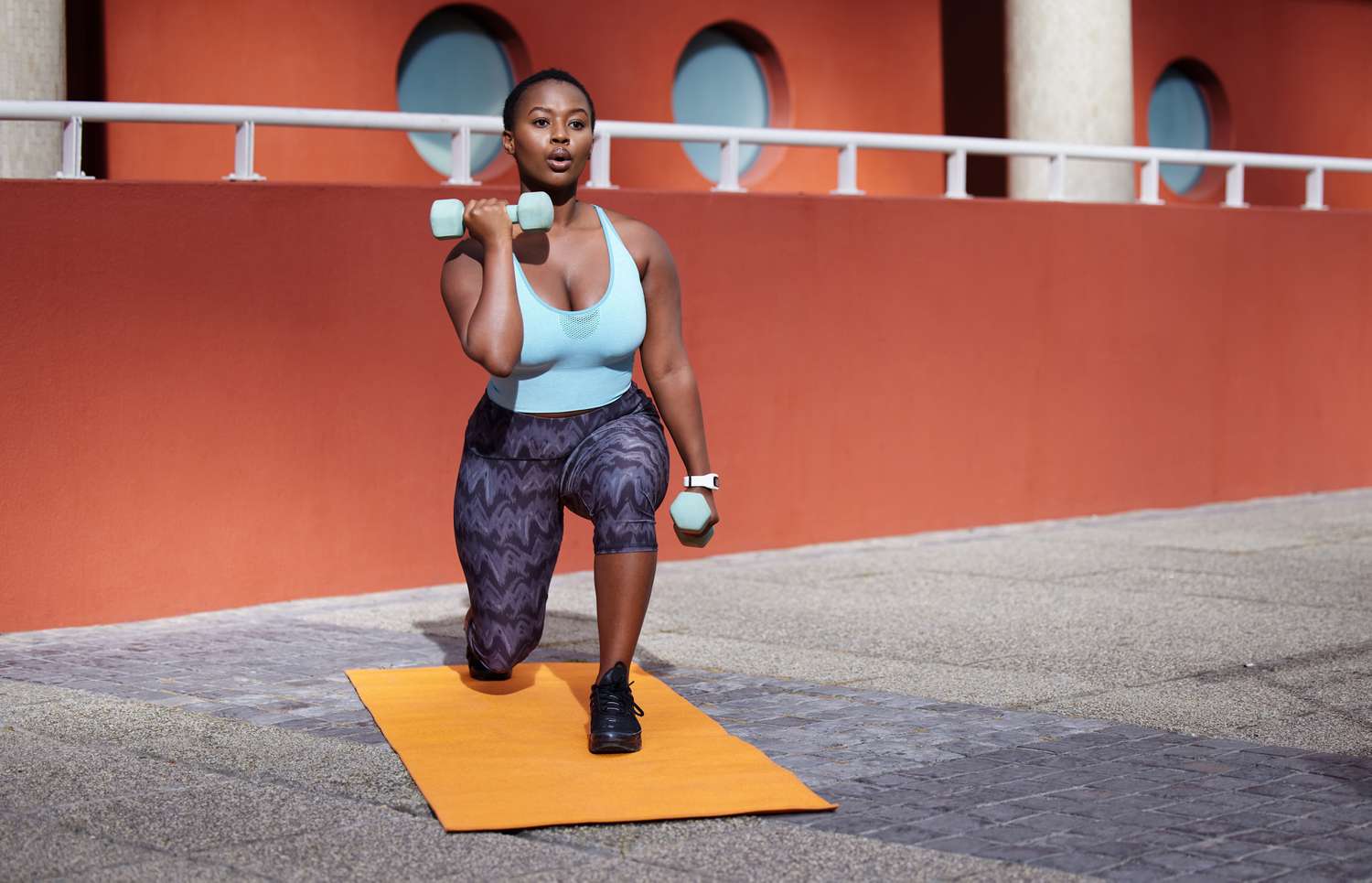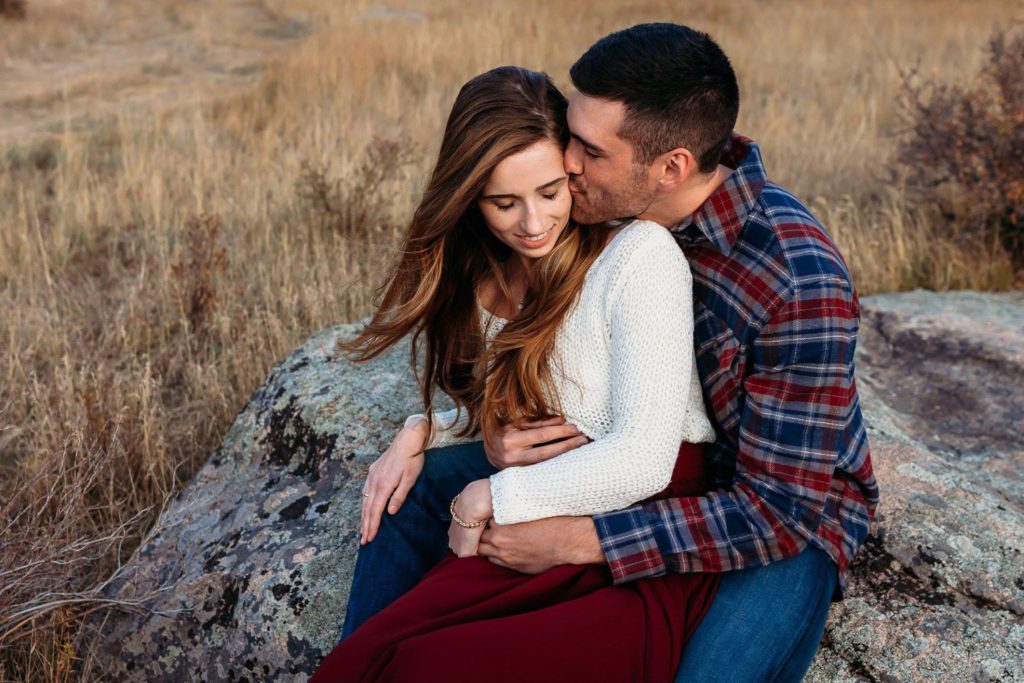I can’t count how many times I’ve scrolled through social media, only to see someone post about becoming “the best version” of themselves. Almost always, that so-called best version is simply the thinnest version. It’s as if the entire world has silently agreed that shrinking your body automatically means improving your soul. And I can’t help but ask myself: why? Why is the best me supposed to be the smallest me?
I remember the first time I noticed this pattern. A friend posted a transformation photo—two side-by-side images. On the left, she was smiling, laughing, a little fuller. On the right, she was serious, thin, and captioned it: Finally, the best version of me. Thousands of likes, endless comments praising her discipline, her glow, her success. I wanted to be happy for her, but deep down, I felt uneasy. Was the older photo, the one where she looked joyful, somehow less “best”? Did the world really value her existence more because she took up less space?
Over the years, I started noticing how deeply this belief had sunk into our culture. Compliments disguised as encouragement—“You look so good, did you lose weight?”—as if the only direction of progress is down. Health magazines, influencers, even casual conversations always circling back to the same message: smaller equals better. I began to wonder if anyone even remembered that “best” can mean so much more. Best could mean happiest, healthiest, kindest, strongest, or most at peace. But somewhere along the way, society blurred the line and equated best with thinness.
For me, the danger wasn’t just in the outside voices. It was in how those voices became my own. Every time I looked in the mirror, I didn’t ask myself if I looked happy, if I looked rested, if I looked like I was taking care of myself. Instead, I asked: Do I look smaller yet? The question haunted me. It made me chase diets I didn’t enjoy, workouts I hated, numbers on a scale that defined whether I was “good” or “bad” that day. My entire worth shrank alongside the meals I skipped.
But life has a way of breaking illusions. There came a morning when I realized I was tired of living like a half-version of myself. I was tired of measuring my best self in inches and pounds. My best self, I decided, is the version that laughs loudly without covering her mouth, that eats cake on her birthday without guilt, that has enough energy to go on long walks because she loves them, not because she’s counting calories. My best self is compassionate, creative, resilient. She might fit into a smaller dress one year and a bigger one the next, but her value doesn’t fluctuate with her size.
And yet, I still wrestle with the question: why does society demand that our best version be our thinnest version? Maybe it’s because it’s easier to measure waistlines than to measure kindness. It’s easier to count calories than to count the ways we grow as human beings. But the truth is, the best version of me—and of anyone—isn’t a body at all. It’s a soul, a heart, a life being lived fully.




